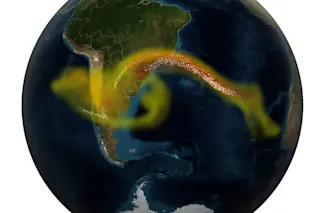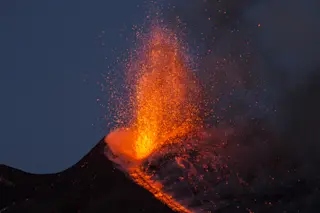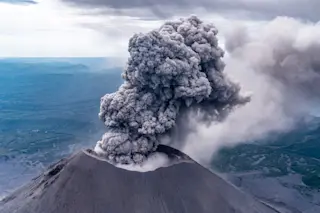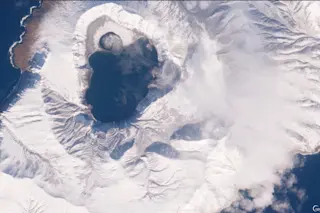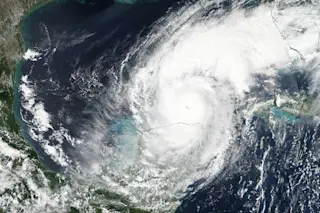In 2005, corals in the large reef off the coast of Florida were saved by four hurricanes. Tropical storms seem to be unlikely heroes for any living thing. Indeed, coral reefs directly in the way of a hurricane, or even up to 90km from its centre, suffer serious physical damage. But Derek Manzello from the National Oceanic and Atmospheric Administation has found that corals just outside the storm's path reap an unexpected benefit.
Hurricanes can significantly cool large stretches of ocean as they pass overhead, by drawing up cooler water from the sea floor. And this cooling effect, sometimes as much as 5°C, provides corals with valuable respite from the effects of climate change.
As the globe warms, the temperature of its oceans rises and that causes serious problems for corals. Their wellbeing depends on a group of algae called zooxanthellae that live among their limestone homes and provide them ...


